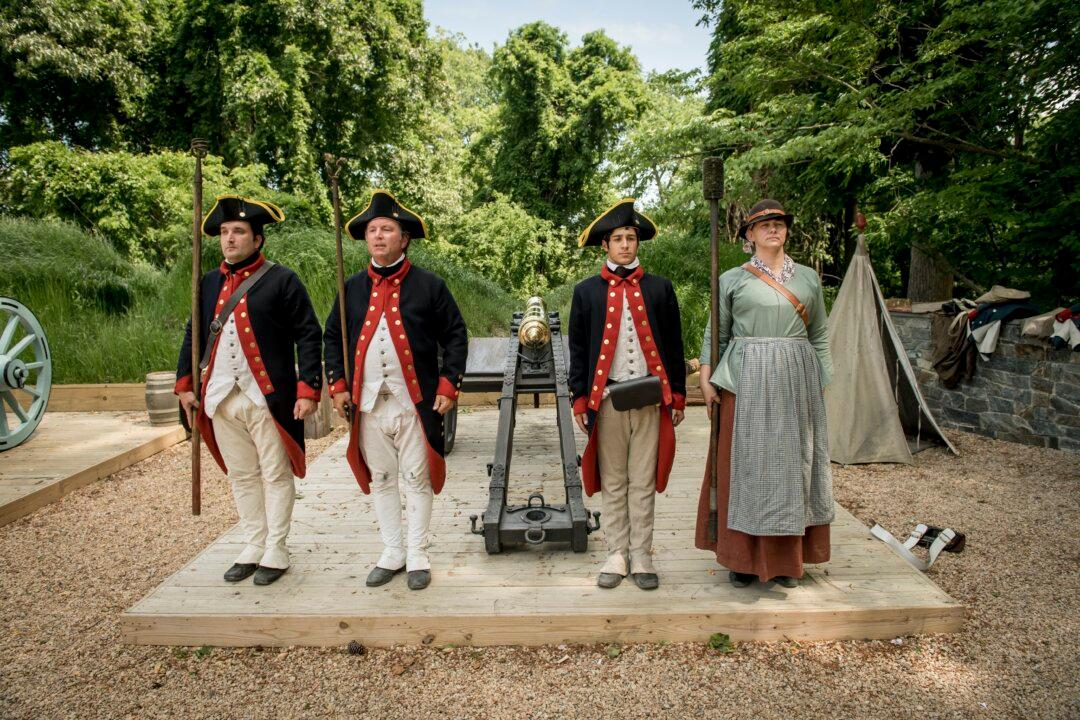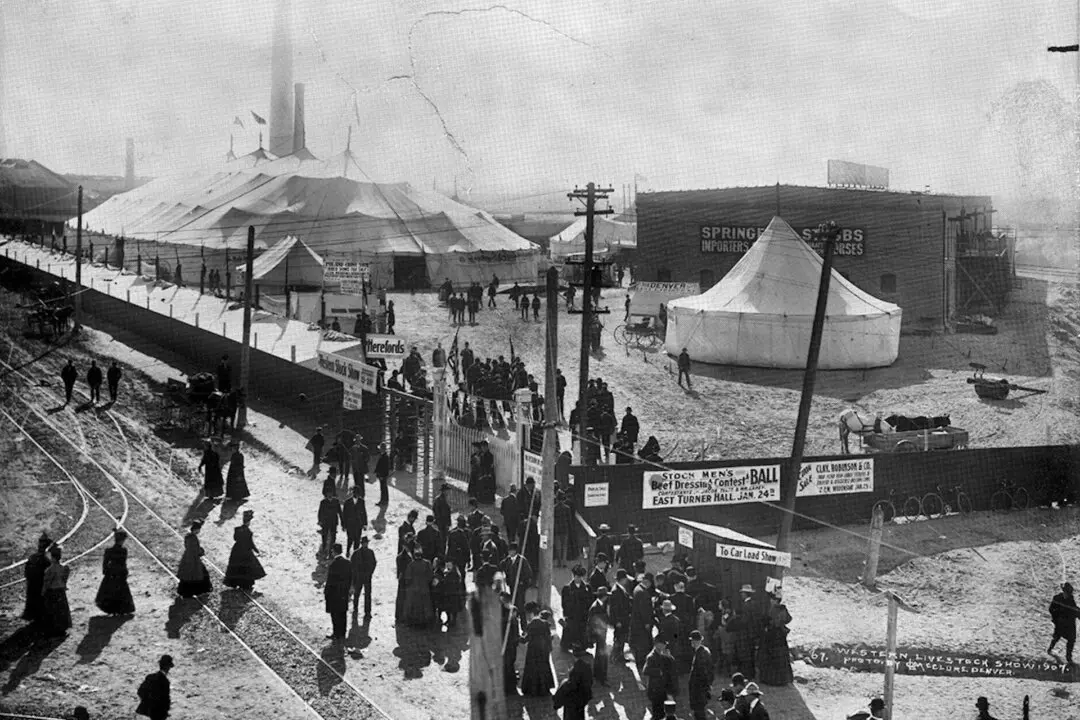The young woman was standing at the grave of the grandfather who she had never met.
We were in France at the Normandy American Cemetery and Memorial that overlooks Omaha Beach, where her grandfather—who left behind a wife and two young children when he was killed at the age of 29—is buried alongside thousands of young men who died too soon in World War II.





